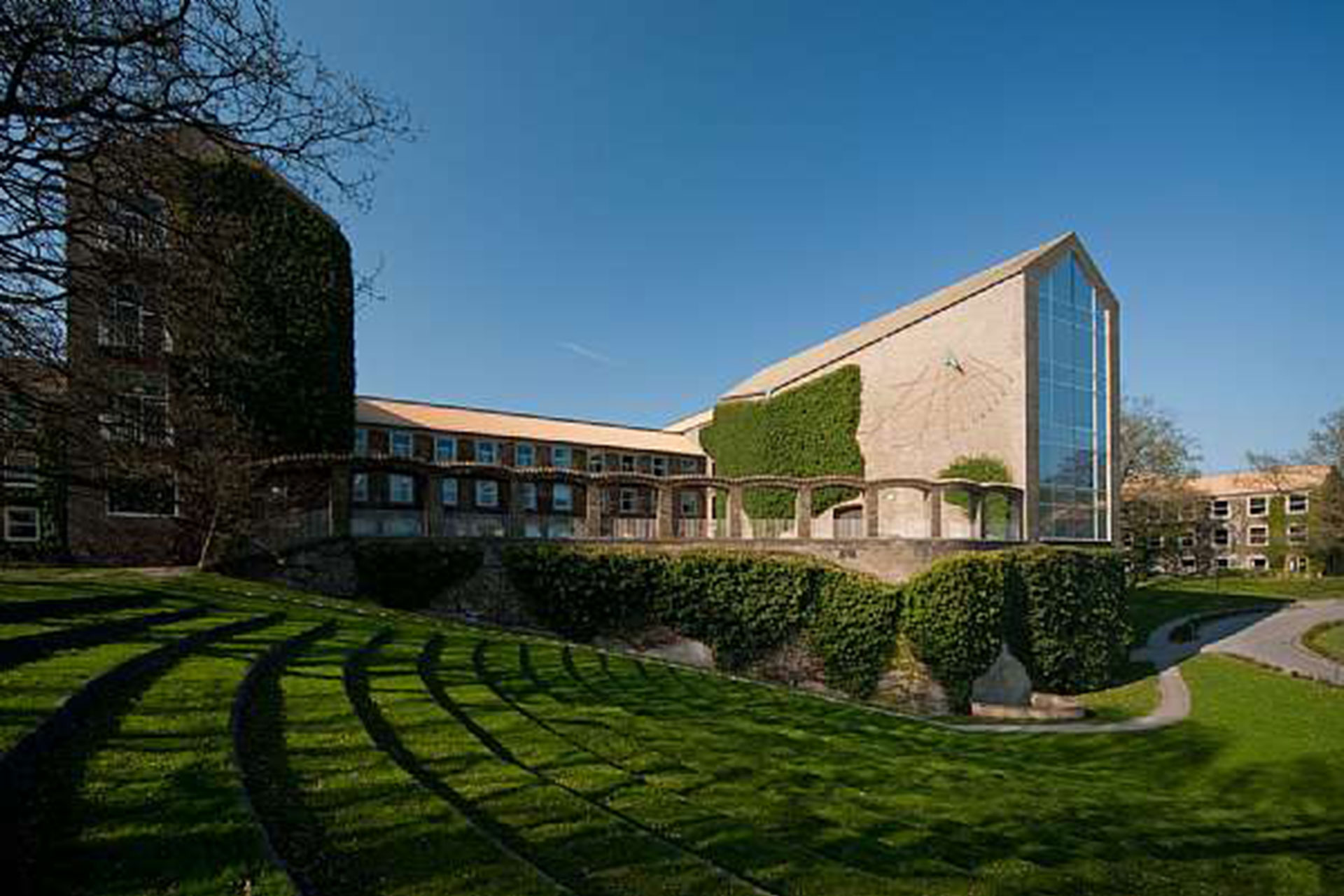First Seminar of the Nordic Research Network: The Culture of Ubiquitous Information
Aahrus University, Denmark
October 20-23 2010
http://ubiquity.nu/

Lilia Pérez participated with a presentation with the title “Frontera.The technological Mirror” about the transformations of the traditional notion of the cinematic, and “cinematic dispositif” in the light of the analysis of interactive installations and other similar contemporary artistic and non-artistic cultural manifestations.
This presentation was part of a panel formed by Lilia, Pepita Hesselberth and Maria Poulaki representing the Imagined Futures /ifut (imaginedfutures.org) research project and the University of Amsterdam.
SEMINAR’S INTRODUCTION
The first network seminar in Copenhagen takes as its main task to see to the initial moments of the actual organization a research network of a size and with the interdisciplinary competence to address a problem not yet solved in the Nordic countries: the articulation of a conceptual apparatus in cultural theory and technology studies which affords an analysis and evaluation of ubiquitous computing as a contemporary development increasingly making itself felt socio-culturally. This first seminar, and the research network generally, is motivated by the question as regards how this third epoch of computing, as a geopolitical phenomenon, is being and should be installed in the Nordic region as such, and in the individual countries, with a due view to the regionally and nationally specific differences in political constitutions, sets of values, existing practices, and the commonsensical traits of our everyday cultures and forms of life.
In broad terms, this seminar starts up the exchanges in a research network with a view to responding, in seminar papers as well as research publications, to the wider set of transformations, underexposed in existing research and research training, which no longer concern distinct forms of computing or a tendency towards transcendental abstraction (VR). We will begin to describe, analyze, and critically evaluate the broad distribution, mobility, and dynamic networking of ICT with a concrete presence everywhere, discussing if and how the reach and speed of the current interplay between dataspaces, socio cultural and individual activities come to challenge our notions of reality with a different gravity. If the events of daily life, leisure, art, work, and the public sphere take place quite as much in dataspaces as in physical spaces, we will inquire as to how their mediatory separations and relations are to be experienced, perceived, understood, and evaluated.
The general context for the seminar is thus the unfolding of new types of technics, mediatory distributions, and ad hoc integrations of units in networks becoming sufficiently extensive and complex to generate ubiquity effects and so perhaps influence our notions of reality. Along with the increase in distribution and mobility of computational units, the generation of this contextual change is not least due to the implementation of new sensor networks and actuators displaying an intelligent operational autonomy. Historically, this bespeaks a notable physical turn: today one encounters a complementarity of culture and technics in our concrete life form. Our seminar thus finds itself historically situated within a development that can be sketched in three phases of actual expansion: from virtual reality through telepresence to the mixed realities of ubicomp.
The complementarity or co-implication of culture and embedded technics raises a very comprehensive set of research questions as regards its technical modes and the ramifications of cultural pervasiveness. It concerns the implications for: (i) notions of reality, realism, and representation; (ii) articulation of environmental, anthropological, cultural, and sociological positions in a technically pervaded life world; (iii) development of a recognizable paradigm for interaction design in media and communicational productions, including sensor networks and intelligent agents; (iv) concepts of the lived experience of the art and culture of ubiquity, qua installations delimiting our psychic and perceptual capacities; (v) epistemological and critical positions once knowledge gathering and production involve ubiquitous databases, applications, and prostheses that sense and act autonomously.
In this very broad research context, the seminar serves to focus and delimit the activities of our research network quite sharply. This seminar will begin the critical examination of one first actual development that has made its socio-cultural significance very evident, namely, the ubiquitous digitalization of urban life and auditory culture.
We will thus meet for this first network event in order to discuss how an urban environmental context and lifeworld may find itself undergoing changes today via a more or less ubiquitous digitalization, and how this affects our auditory culture specifically (e.g., in public spheres with complex computational infrastructures, large installations, and multitudes of individual mobile devices). The seminar will begin to address changes in notions of our spatial and temporal situatedness, location, and place in an urban setting, Nordic ones not least, once our movements concern a number of mixed realities involving ubicomp. We will ask what is critically at stake for existing public media and journalism, for urban interaction designs, as well as for a new media art in the city and its relations of interactivity with a passing public and its citizens. How are our Nordic cities lived differently today – do multitudes of ubicomp entities imply that the urban is remade, feels different, sounds different, looks different, and how, then?
